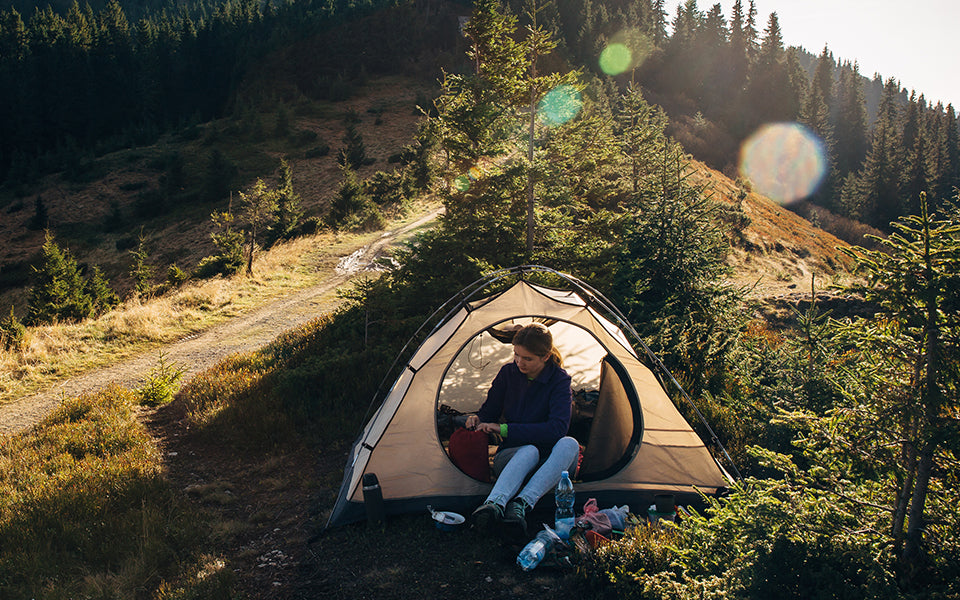
Where Should a Camping Novice Start Learning?
Camping beginners can start from the following aspects:
1. Knowledge reserve:
- Understand the basic types of camping: such as self-driving camping, hiking camping, wild camping, etc. Different types of equipment and skills require different skills.
- Learn camping knowledge: including campsite selection, tent setting up, fire safety, food preparation, outdoor first aid, etc. You can read relevant books, watch teaching videos, and participate in camping forums or communities.
- Familiar with local regulations and precautions: Understand whether camping is allowed at the camping site, whether there are fire prevention regulations, whether there are wild animals, etc.
2. Equipment preparation:
- Core equipment:
- Tent: Choose a tent suitable for the number of people and season, and give priority to easy-to-set-up styles.
- Sleeping bag: Choose a suitable sleeping bag according to the temperature of the camping site to ensure warmth and comfort.
- Moisture-proof mat: Isolate ground moisture and improve sleeping comfort.
- Auxiliary equipment:
- Lighting equipment: Headlamp or flashlight for nighttime activities.
- Cooking utensils: Gas stove, pots, tableware, etc. for cooking food.
- Food and water: Prepare enough water and easy-to-carry, non-perishable food.
- First aid kit: Including common medicines, Band-Aids, disinfectant, etc.
- Others: Garbage bags, mosquito repellent, sunscreen, hats, etc.
3. Practical operation:
- Practice at home: Get familiar with basic operations such as tent setting up and sleeping bag preparation.
- Choose a suitable campsite: Novices are advised to choose a campsite with convenient transportation and complete facilities.
- Short-distance camping: Start with short-distance camping to accumulate experience and gradually increase the difficulty.
- Travel with friends: Go with experienced campers, learn from their experience, and help each other.
- Be safe: Follow camping rules, pay attention to fire safety, and beware of wild animals.
Specific steps are recommended:
1.Start with the simple: For your first camping trip, you can choose a park near your home or a camping site with complete facilities to facilitate supplies and emergency retreat.
2.Invite experienced friends: Going with experienced friends can help you learn a lot of practical skills and knowledge.
3.Plan ahead: Check the weather forecast in advance, plan your itinerary, and prepare your equipment.
4.Take safety measures: Pay attention to fire safety, prevent mosquito bites, and carry first aid supplies.
5.Enjoy the process: Relax, enjoy nature, and experience the fun of camping.
Some additional suggestions:
- Learn the Leave No Trace principle: Protect the environment and leave no trace.
- Learn map and navigation skills: Learn to use maps and compasses to navigate when you are outdoors.
- Improve outdoor survival skills: Learn wilderness survival skills, such as making fire, finding water, and building shelters.
I hope these tips can help you get started with camping! Have a great trip!
